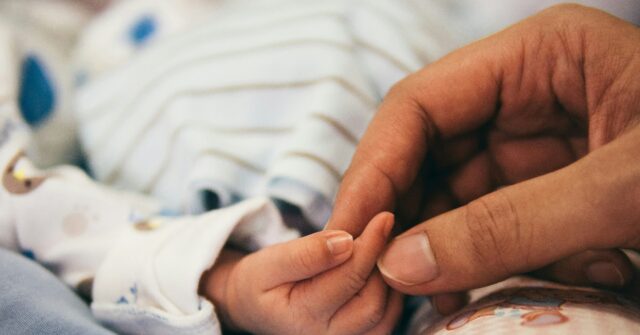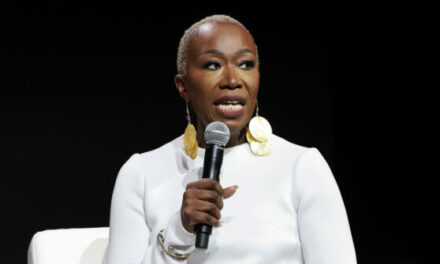We support our Publishers and Content Creators. You can view this story on their website by CLICKING HERE.

The Office for National Statistics (ONS) revealed that the number of babies born to British mothers has fallen to a record low, collapsing by 25 per cent over the past 15 years.
According to the ONS, a record-low 403,000 children were born to British women last year, falling from 538,000 in 2008, continuing the trend of collapsing birthrates throughout the Western world.
Overall, the British fertility rate in 2023 fell to just 1.44 children per woman, far below the 2.1 needed for population replacement and the lowest rate recorded since the government began tracking figures in 1938.
While the native birth rate continues to crater, certain migrant groups in the country have seen their birth rate increase, with a 73 per cent increase among Indian mothers, 37 per cent for West African women, and 32.6 per cent for Romanian and Polish migrant women.
The country’s official statistics agency found that 37.3 per cent of births last year were to couples comprised of at least one foreign-born parent, a jump from 35.8 over the previous year.
India remained the top country of origin for foreign-born parents, with 21,513 births last year, followed by Pakistan at 21,513 and Bangladesh at 21,513.
In total, parents from the three South Asian countries were responsible for 7.9 per cent of all live births in Britain last year, or one in 13 children.
The multicultural hub of London led the country in the number of births to foreign parents, representing 67.4 per cent of births to foreign parents in Britain.
Several factors have been attributed for the declining birth rate, including the increased participation of women in the workforce, the advent of contraception pills, as well as cultural and economic forces.
According to the most recent UK Generations and Gender Survey, one in four young adults aged between 18 and 25 said that they were most likely not going to have children.
Professor of Demography at the University of Southampton Brienna Perelli-Harris told the BBC earlier this week: “Gen Z are more likely to want to stay childless… Before, it might have been more of a taboo – it’s now more acceptable. And it’s down to economic factors like future income, childcare costs and employment.”
Housing costs, which have surged in recent decades amid mass migration and a lack of new supply, have also been cited as a major factor in the declining birth rate.
Demographer John Ermisch told The Economist that his research indicates that 60 per cent of the fall in fertility between 2013-16 and 2017-22 is likely a result of the rising cost of housing. Ermisch noted that this particularly impacted women with college degrees, given that they are less likely to live in government housing or receive government subsidies for housing, which have largely insulated poorer women from the jump in home prices.

 Conservative
Conservative  Search
Search Trending
Trending Current News
Current News 







